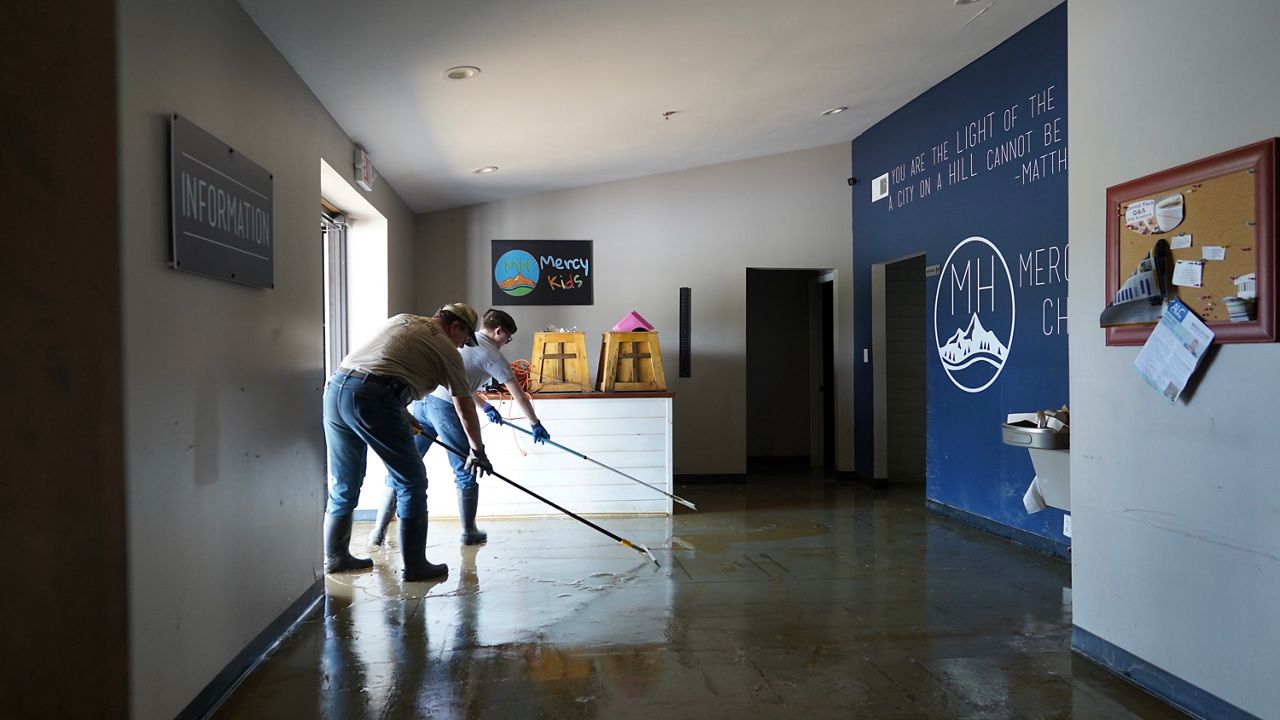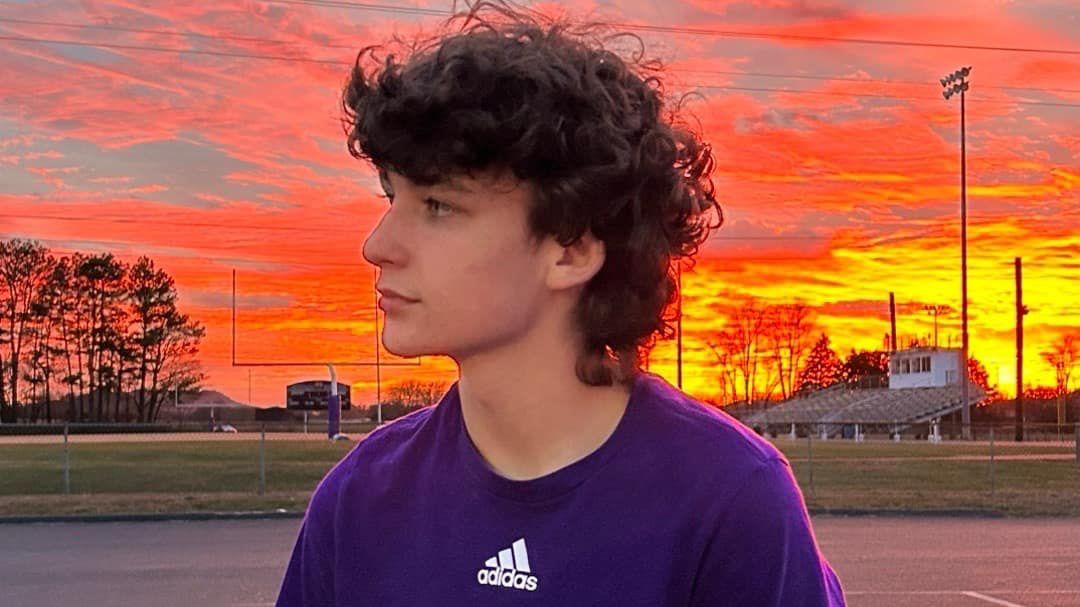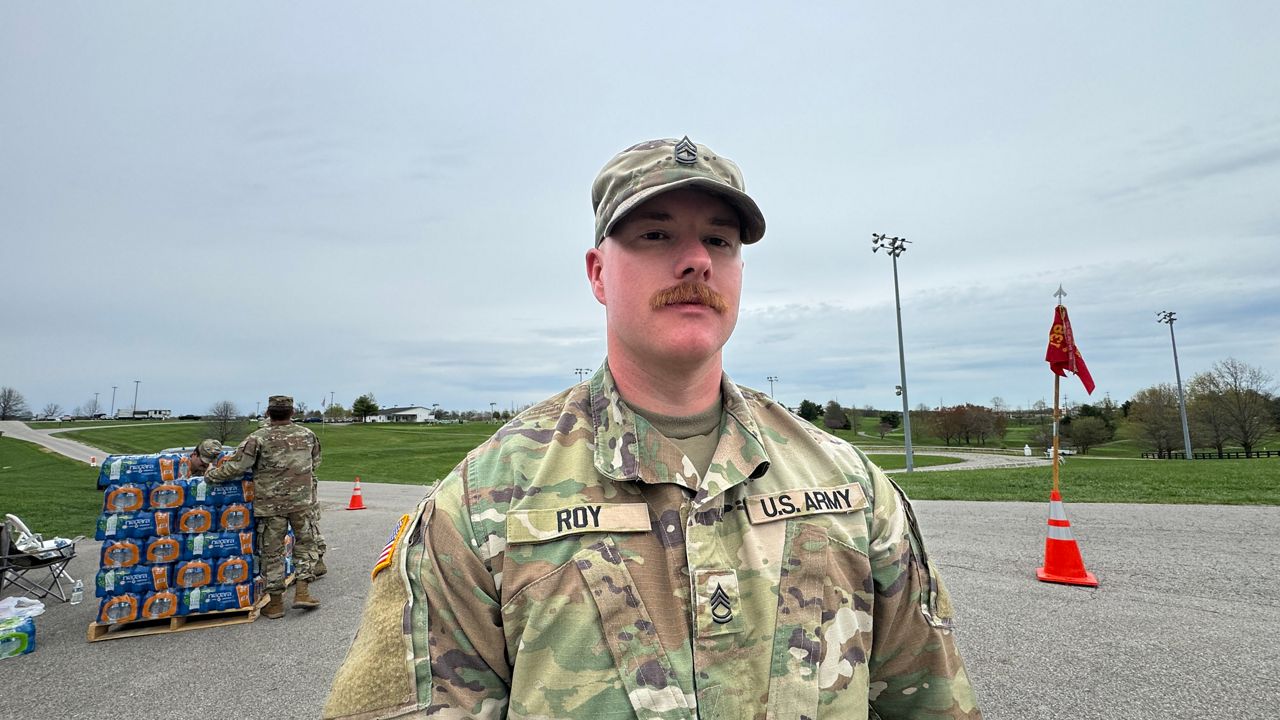LOUISVILLE, Ky. — About one million veterans identify as gay or lesbian, according to the U.S. Department of Veterans Affairs.
The Louisville VA health care system is celebrating its LGBTQ+ patients this June.
Nearly 33,000 veterans were separated from the military under the homosexual conduct policy, according to the Department of Defense.
Over 13,000 of those were because of “Don’t Ask, Don’t Tell”.
Randy Schilling served from 1993 until 2023 in the Navy and the Army.
“I’ve been all over the United States, been to Iraq. I did some tour. I did some short stuff in, like, Germany and Italy,” said Schilling.
Schilling served during “Don’t Ask, Don’t Tell”, a policy that prevented service people from sharing their sexual orientation.
“It was challenging at times because I been with my partner for, we’ve been together 25 years now. We met in the military,” Schilling said.
In 2011, “Don’t Ask, Don’t Tell” was repealed and Schilling recalls the day saying it was “amazing”.
“I remember sitting in my office and just quite a few people came through that, you know, had already known before, ‘Don’t Ask, Don’t Tell’ came through and congratulated me and, you know, we’re looking forward to what was in store. You know, now that I could talk about my home life and, you know, things outside of the military and be more open about it,” he said.
Clare Wahl the lead LGBTQ veteran care coordinator at Louisville’s Robley Rex VA Medical Center, said because of the “Don’t Ask Don’t Tell” policy many veterans feared the VA.
According to a study by the National VA less than a third of sexual and gender minority participants felt the VA is welcoming.
“It is extremely important to have affirming providers, providers that an individual knows I can say anything to this person. They’re not going to judge me. They’re not going to treat me differently. They’re not going to discriminate. This is a person who cares about my health,” said Wahl.
The Louisville VA offers primary and preventative health care services, social work, mental health services and LGBTQ+ support and social groups.
“So we offer almost everything that an individual could need, and it’s all based on the unique needs of that individual,” said Wahl.
Schilling retired a little over a year ago and uses the VA for all of his health care needs, service and not service related.
“I’ve had no negative experiences with the VA. I think it’s a very welcoming space. I, I talk to my providers all the time. I’m very open and honest about it all. My all of my providers have been amazing,” said Schilling.
The VA is encouraging any veteran hesitant to visit to give them a try.
The Department of Defense said it’s working to correct military records for LBGTQ+ veterans discharged under less than honorable conditions for homosexual conduct.










